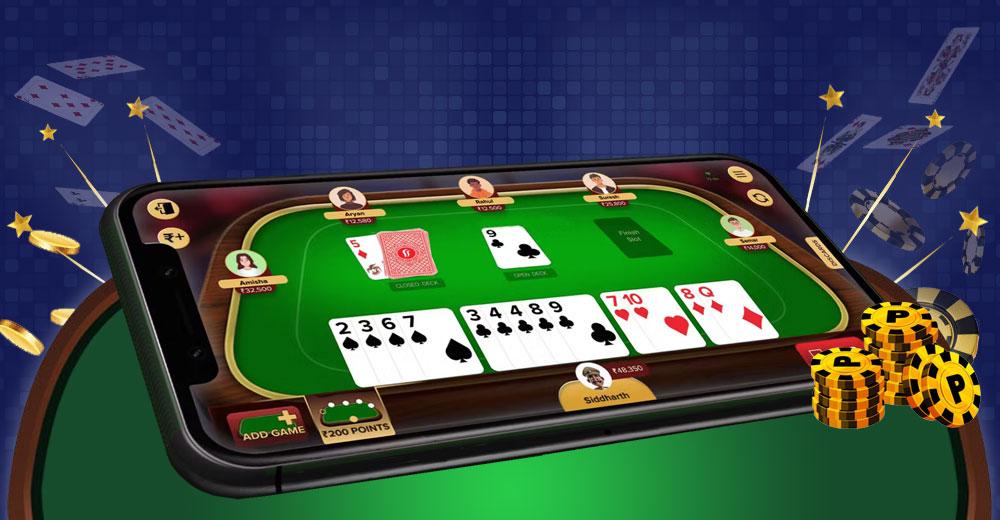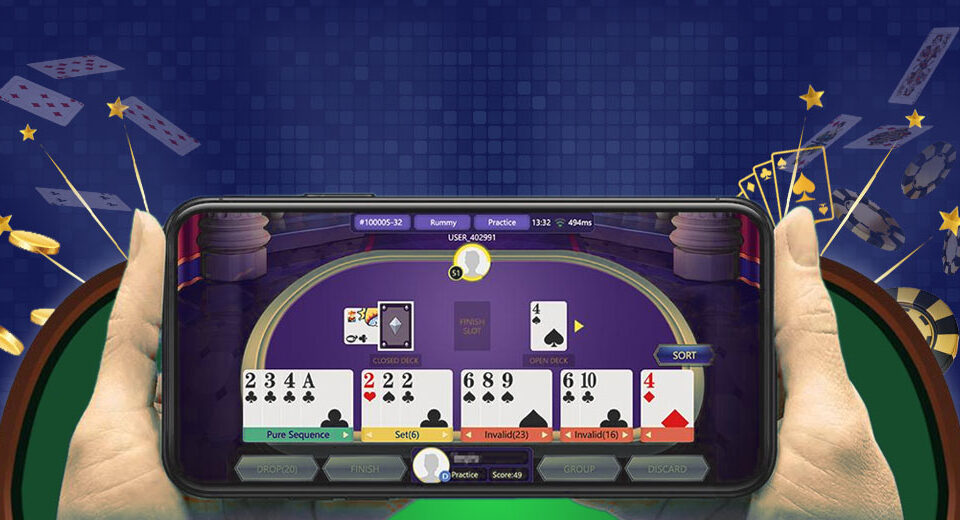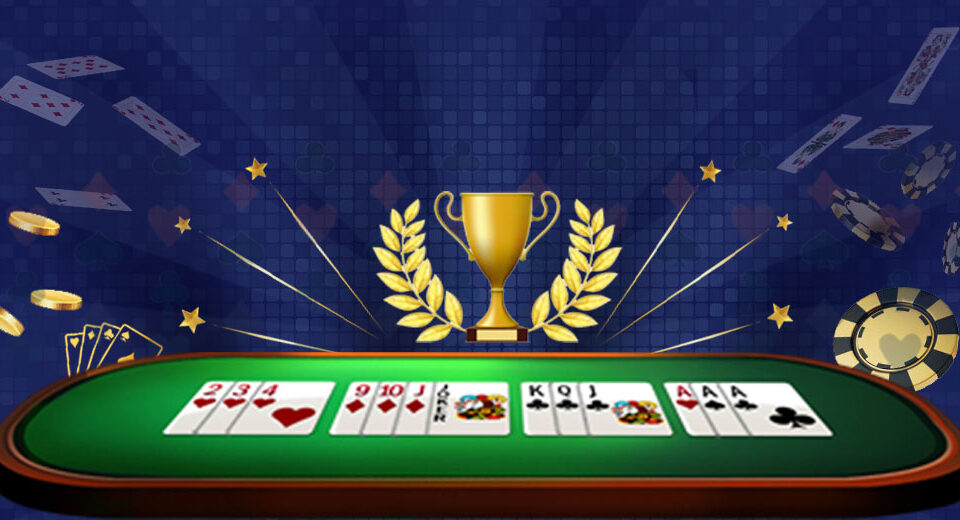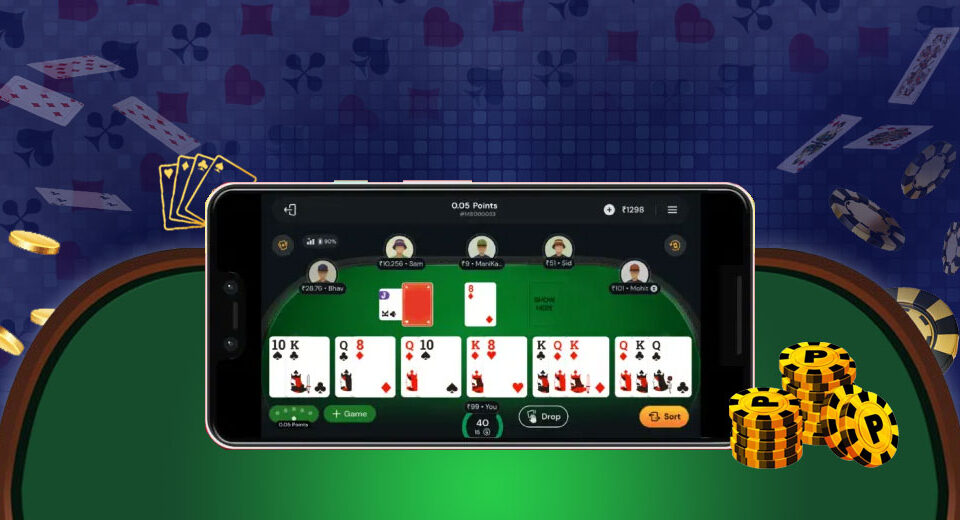How Strategies from the Chessboard Apply to Card Games
Rummy and Chess: How Strategies from the Chessboard Apply to Card Games
At first glance, rummy and chess may seem worlds apart—one relies on the shuffle of a deck, the other on an unmoving board. Yet beneath the surface, both games reward strategic thinking, calculated risk, and long-term planning. In fact, many of the core principles that make someone a formidable chess player translate seamlessly to mastering rummy.
Whether you're a grandmaster of pawns or a rummy veteran blending sets and sequences, this article explores how chess-inspired thinking can elevate your gameplay in Indian Rummy, especially within competitive rummy leagues and online tournament play.
1. Board Vision = Table Awareness
In chess, players train themselves to view the whole board - not just the current move. Similarly, in rummy, strong players monitor the entire table: what’s been discarded, who’s drawing from the open deck, and who’s playing defensively. This complete-table awareness is the Indian rummy game equivalent of board vision.
Learning to play with awareness instead of impulse is critical in advanced rummy formats, especially when facing strategic opponents.
2. Anticipation and Counterplay
A good chess player doesn’t just make a strong move, they consider what the opponent will do next. In rummy, the same logic applies. Before discarding or drawing, top players ask: “What will this make my opponent think? Will it help them or block them?”
Such anticipation is essential in high-level rummy matches, where each discard can serve as a setup or a trap.
3. Sacrifice for Advantage
In chess, sometimes you give up a piece to gain a better position. In rummy, discarding a useful card early can conceal your real intentions or coax a valuable card from another player.
Knowing when to let go of a mid-value card to confuse or mislead an opponent is a powerful tactic used often in tournament rummy rounds.
4. Opening Theory and Mid-Game Planning
Chess players memorise openings, but their strength comes from adapting during the mid-game. Rummy players should do the same: open with a plan to form a pure sequence, then adapt their hand strategy as the game develops.
This is especially vital in digital Indian Rummy, where round speed requires fast, fluid thinking.
5. Endgame Focus
Just like in chess, the endgame in rummy is about precision and minimal mistakes. Tracking what’s still in play, calculating point penalties, and knowing when to declare are all essential in closing a round smartly.
Mistiming a declaration or misjudging an opponent’s readiness can cost a match, particularly in multi-round rummy setups.
6. Pattern Recognition and Mental Replays
Chess masters train their minds to recognise common board positions. Similarly, top rummy players build a mental database of familiar card patterns and draw sequences. This allows them to recall what worked before and avoid past pitfalls.
This cognitive muscle is built through replay reviews on rummy learning platforms and consistent play.
7. Emotional Control
Both games punish frustration and reward patience. Staying calm after a poor draw or a lost round allows you to think clearly and avoid compounding mistakes.
Mental stamina is a shared skill across both disciplines, especially when competing in long-format rummy tournaments.
Conclusion: Rummy, like chess, is a battle of minds - not just moves.
Understanding the parallels between these two games can unlock a deeper, more refined approach to rummy. By adopting chess-inspired strategies like full-table awareness, planned sacrifice, and disciplined endgame execution, you sharpen every aspect of your card game. Whether you’re deep into the online Indian Rummy platform, analysing multi-round rummy setups, or rising through competitive rummy leagues, thinking like a chess player gives you the edge to win like one.




